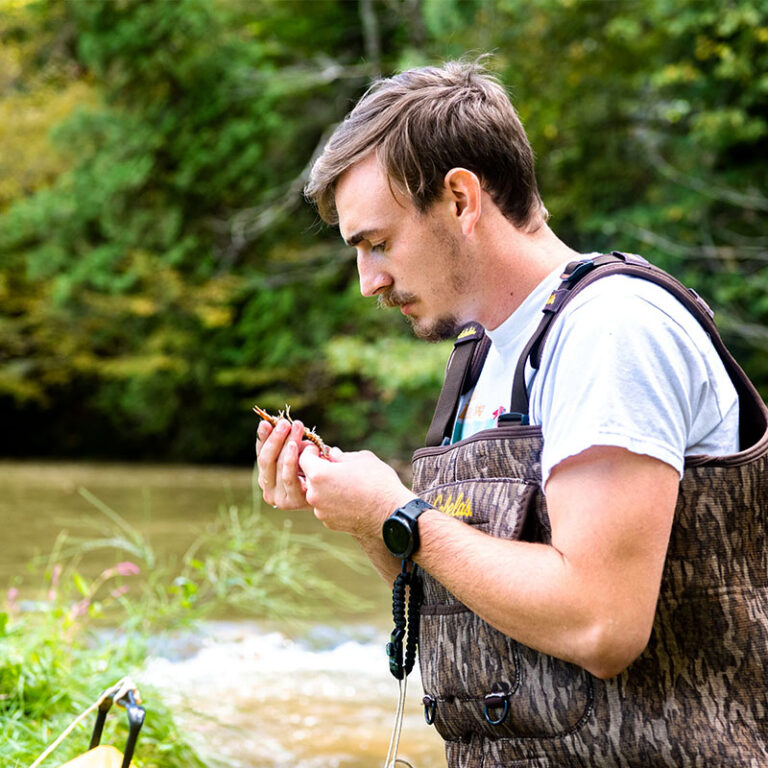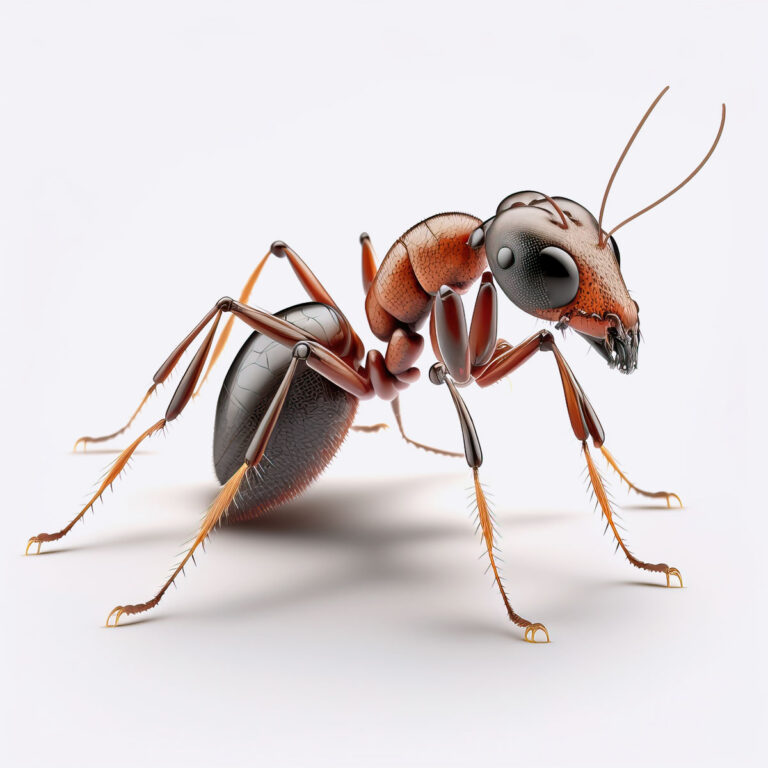The ISC seeks to provide unbiased, science-driven information about invasive species, their consequences, and the roles humans play. A more informed society is one that will act to mitigate the invasive species dilemma.

Get Involved
The ISC hosts workshops and events with national and international participants, resulting in publications addressing the science and policy of invasions. Collaborative work has connected graduate students and the broader Virginia Tech community with leading professionals in invasion management, advocacy, and media opportunities.
Workshops & Events
- 2018 – Biological Invasions: Confronting a Crisis Workshop
- 2019 – Devising Seminar on the Science and Policy of Biological Invasions
- 2023 – Virginia Tech Summit on Invasive Species
- 2024 – Invasive Species Research Symposium
- 2024 – Research Proposal Derby
- 2024 – Public film screening & panelist discussion
Courses
- 2017 – The Science and Policy of Invasions (GRAD 6984)
- 2019 – Advocacy, Science, and Policy of Invasive Species (GRAD 6984)
- 2021 – The Science, Policy, and Management of Invasive Species (GRAD 5984)
- 2022– Biological Invasions Science, Policy, and Management (GRAD 5984)
- 2024 – Biological Invasions (PPWS-4604)
Need a Speaker?
Contact ISC’s Program Coordinator at hharriman@vt.edu to submit a speaking request. In your email please include the following information:
- Topic of interest
- Date, time, and location
- Name of the host organization/group

Upcoming Events
Host: North American Invasive Species Management Association
Invasive Species Threaten American Food Security
Host: North American Invasive Species Management Association
The Surprising Intersection of Marine Biosecurity and Public Health
Stop The Spread
Invasive Species Removal
Students in Dr. Jacob Barney’s “Biological Invasions” course visited the Turfgrass Research Center, where they helped remove invasive plants growing on the property. They learned that the first step in native ecosystem restoration is often the removal of non-native species that compete for precious resources.
